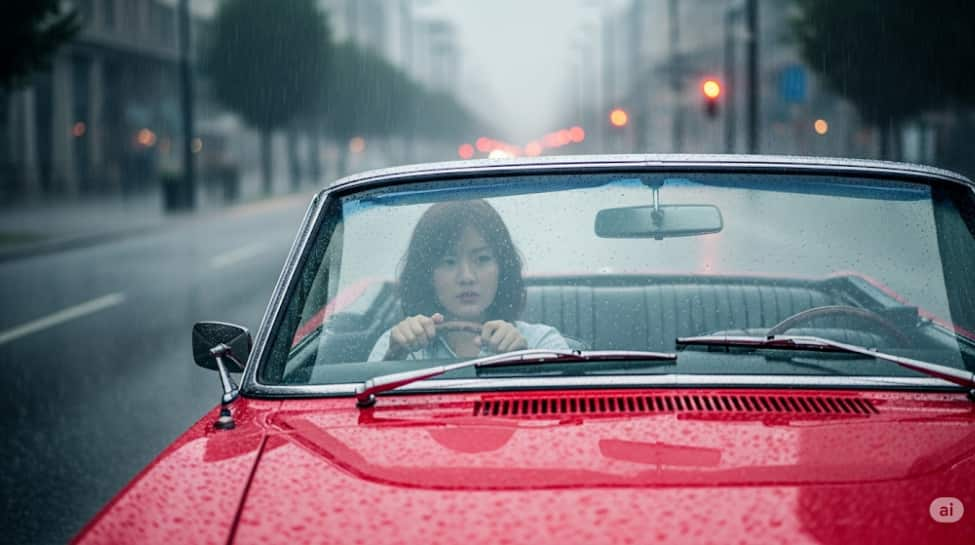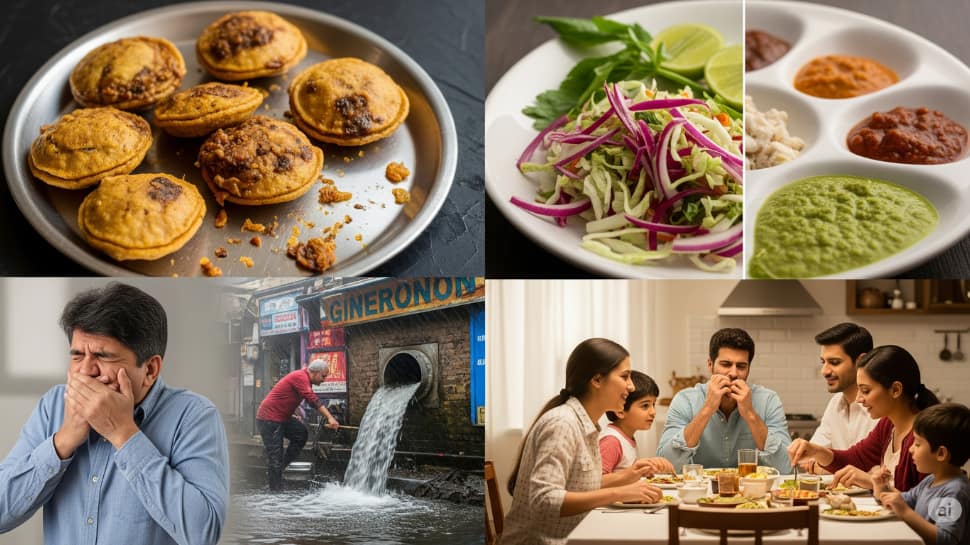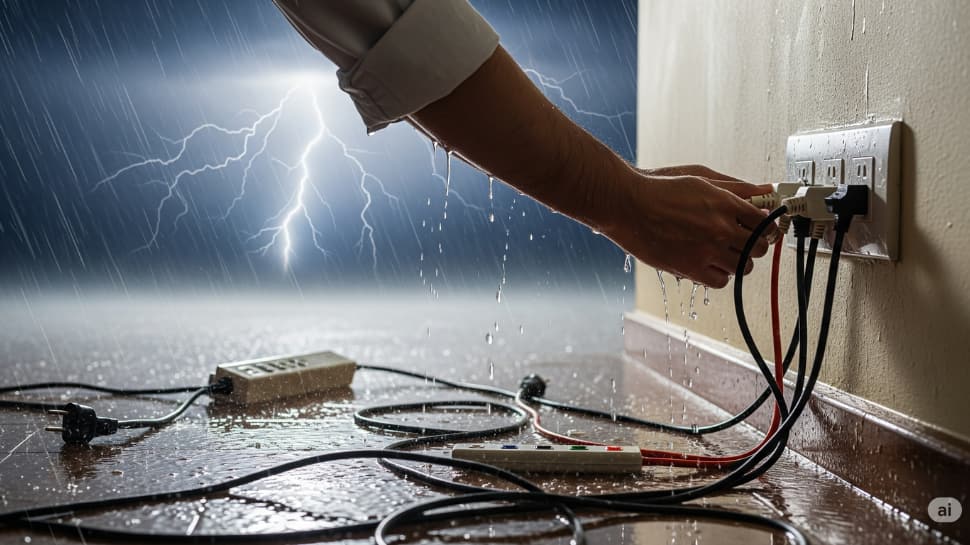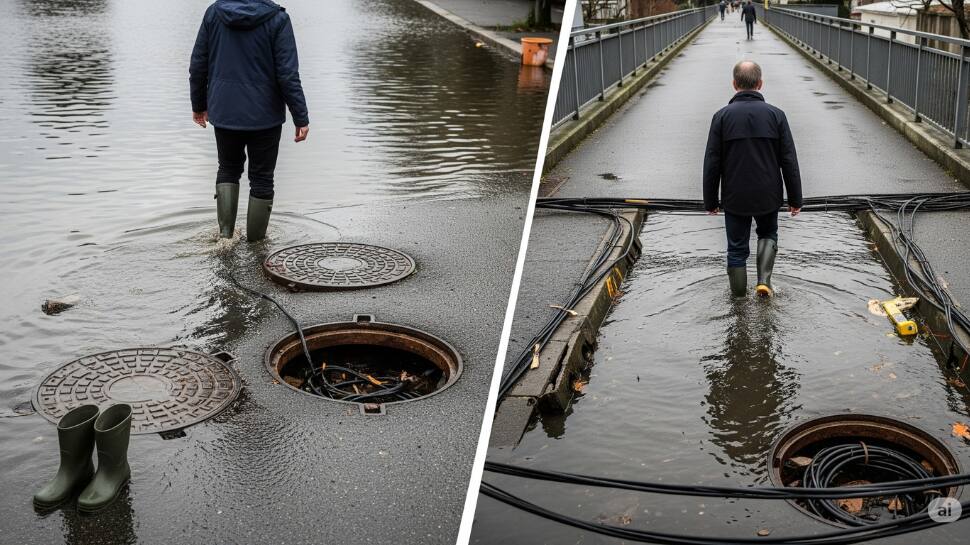Discover these seven common rainy season habits that might put your health and safety at risk. From walking through flooded streets to eating unhygienic street food, these practices can lead to infections, accidents, and other hazards. Stay informed and adopt safer habits to enjoy the monsoon season while protecting yourself from unnecessary dangers and illnesses.
)
It’s risky as stagnant water collects in pots, tyres, rooftops, etc., making it a breeding ground for dengue, malaria, and chikungunya mosquitoes. Instead use mosquito repellents, nets, and wear full-sleeved clothes. Regularly empty flower pots, coolers, and containers. Add a drop of kerosene or mosquito larvicide to standing water, if needed.

It’s risky as roads are often slippery with oil and mud, sudden braking can lead to hydroplaning (loss of traction). Potholes hidden under water can damage your vehicle or cause accidents. Instead drive slowly, maintain distance, and check tire pressure and wiper blades regularly. Use fog lights or hazard lights in low visibility conditions.

It’s risky because of sweat + humidity = clogged pores, dandruff, and skin breakouts. Rainwater may contain pollutants or chemicals. Instead wash your hands and feet often. Use antifungal body wash or soaps if prone to skin issues. Clean and moisturize your face regularly to prevent acne and rashes.

It’s risky as damp clothes are a magnet for fungal infections, especially in areas like feet, underarms, and groin. Wet shoes can cause foot odor, rashes, or athlete’s foot. Instead change into dry clothes as soon as you get home. Air out shoes and sprinkle talcum or antifungal powder.

It’s risky as monsoon heat and humidity spoil food faster. Water used by street vendors may be contaminated, leading to illnesses like cholera, typhoid, and gastroenteritis. Instead stick to home-cooked, freshly prepared food. If eating out, choose clean, trusted restaurants and avoid raw salads and chutneys.

It’s risky as monsoon humidity increases the risk of short circuits and electrocution. Wet walls and damp floors can act as conductors for electricity. Instead always dry your hands before touching electrical items and keep power outlets and extension cords away from wet areas, consider using surge protectors or unplugging sensitive electronics during storms.

It’s risky as stagnant water is a breeding ground for bacteria and viruses like leptospira, hepatitis, and skin infections, open manholes and submerged debris can cause injuries. There’s a serious risk of electrocution if live wires are exposed to water. Instead stick to elevated walkways or dry paths and wear high-quality waterproof footwear or gumboots when stepping out.

This web story is meant for informational purposes only and must not be considered a substitute for advice provided by qualified medical professionals.